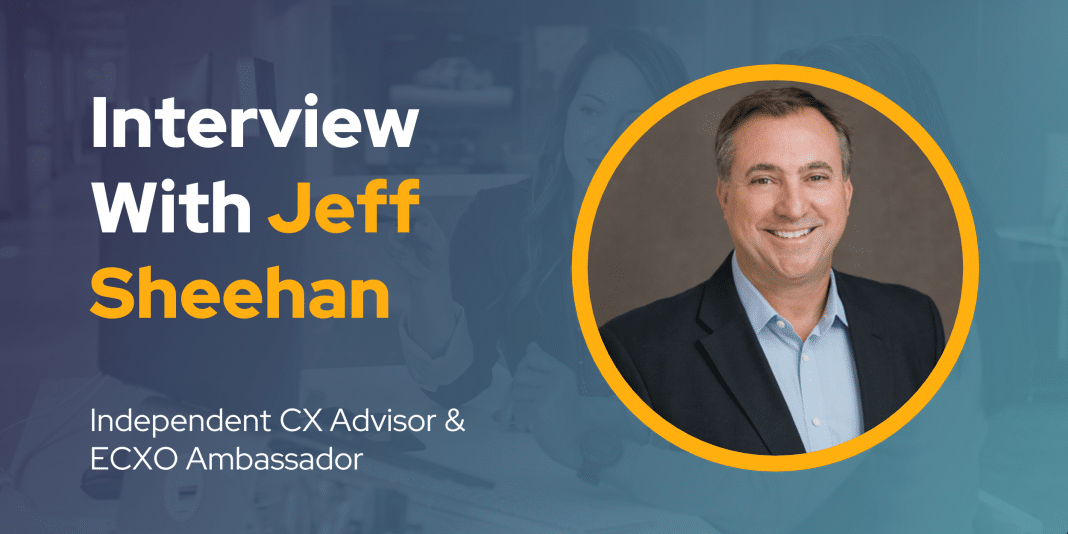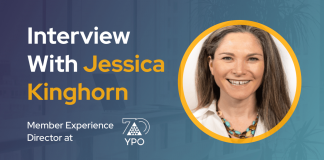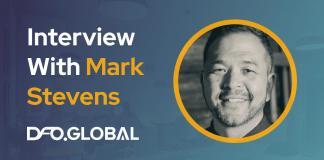Hi Jeff, tell us about yourself and your current role.
I’ve been working in the customer services business for over 25 years in a variety of roles in field service management, service sales, and advisory consulting in digital and customer experience transformations. I moved to Ireland from Boston, USA in 2018 and started my own independent CX management consultancy focused on advising organizations to define, decide, and design their CX program that improves operational efficiency and customer intimacy.
How did you start working in the customer experience space?
My very first customer experience management job was with AT&T’s computer company (later spun out as NCR Corporation) as a field services leader responsible for a team of 25 field engineers and a $50 million book of services contracts business. The job exposed me to virtually every aspect of customer experience management – sales, renewals, escalations, account recovery, receivables collections, and customer delight surveys and engagement; Plus, all of the employee experience work including employee delight surveys and action plans, training and professional development, and spare parts management and other efficiency KPI management. This was at a time when the computer industry was evolving rapidly and the combined use of operational and experiential data for CX and EX management was in its early days.
Tell us about your role as an ambassador for ECXO. What does it include?
It is early days and the ambassador role is largely about helping build the ECXO up internally to offer value to the European CX community, and to be a cheerleader spokesman creating awareness, engagement, and enrollment into the ECXO. It is also ailing myself as a resource for others in the ECXO community. It is very focused on supporting CX leaders in the field with thought leadership and network connections to solve real-world CX challenges.
What do you think is different in the European approach to Customer Experience V.S the American way?
There is a lot, but two things in particular are scale and fragmentation. The American market is a behemoth with loads of competition in every industry sector. The European market is more fragmented by country and culture and has a much smaller scale. The scale is so much smaller in fact that in some markets there may not be enough competition. In Ireland, for example, there are two banks leaving the Irish market and that is causing some concerns that the Irish consumer won’t have enough competition in banking to get the best products, services, and customer experience from.
In terms of CX, the dynamics of competition in the US market forces a speed to innovate and differentiate with CX that’s needed to enter and remain in a market-leading position. The European markets tend to lag the US, generally speaking, because of less competition to drive change.
What do you think the top priority should be for a company that wants to improve its customer experience?
I feel strongly in the process I take my clients through to answer this very question. I call it the Define-Decide-Design process for framing a CX program. You first have to define the mission of your CX program and then decide on the approach you will take to execute that mission, and then design a holistic and integrated set of functions that delivers a CX program of continuous improvement to the organization. It is far more than just doing surveys and scores. I discuss this entire process in detail in my new book Customer Experience Management Field Manual: The Guide For Building Your Top Performing CX Program.
How can companies better listen and understand their customer base?
Listening is one thing, knowing what you are listening for is another, and, most importantly, is having a plan and an internal mechanism to take action on what you learn from your customers. This is connected to the Define-Decide-Design a CX program process mentioned earlier. For example, if your CX program is customer service focused and you are listening for customer feedback on your product performance as well as your service calls, warranty, and field repair operational data, you can make improvements in design, materials, and suppliers that can improve the customer experience and the competitiveness of the business.
Many companies are currently undergoing digital transformation processes – what are your tips on a successful digital transformation?
There is a huge body of research on how so many large digital transformation programs achieve only marginal success as compared to their initial ambitions. I have three tips for managing a digital transformation; The first tip is to envision the Now-Where-How and get very specific on the outcomes you want to achieve. Secondly, armed with a roadmap for a digital transformation that is bespoke to the organization’s needs, follow the strategy-people-process-
What are some CX companies/solutions you’re keeping your eyes on right now?
Fintech leaders like Revolut, Monzo, and Avant Money are shifting a lot of traditional retail banking from branches to mobile devices and acquiring millions of customers rather quickly. Boosted by the quarantines that forced people to be more digital, the traditional retail banks have had to up their game in digital.
eCommerce boomed in 2020, and consumers started leaving more product reviews online. How can we make the most out of this momentum?
Again, there needs to be a plan for making the best use out of this channel of customer feedback. Managing the customer engagement and bringing the feedback into the enterprise to make the most use of it, avoiding it becoming another silo in the organization, is critical for success here. Social media, user communities, app stores, and Amazon and Google reviews provide a rich set of experiential data that requires a disciplined approach to use effectively.
What is your favorite CX metric? Why?
I am a huge fan of the Customer Performance Indicator (CPI) which is a bespoke metric that is important to customers and has ramifications to the organization. As a customer myself, I have never cared one bit about the average call holding time. I just know that making me wait 37 minutes to speak to someone is annoying. You might be crushing your contact center metrics but no customers care about that. One the other hand, I do care if the cable guy comes to my house within the block of time I was told he’d show up, and the cable installation or repair is done in that one visit. In this example the CPI can be on-time arrival and first visit resolution, all very good for the customer and the organization. I think a focus on your bespoke Customer Performance Indicator (CPI) can yield a lot of benefits for a business.






